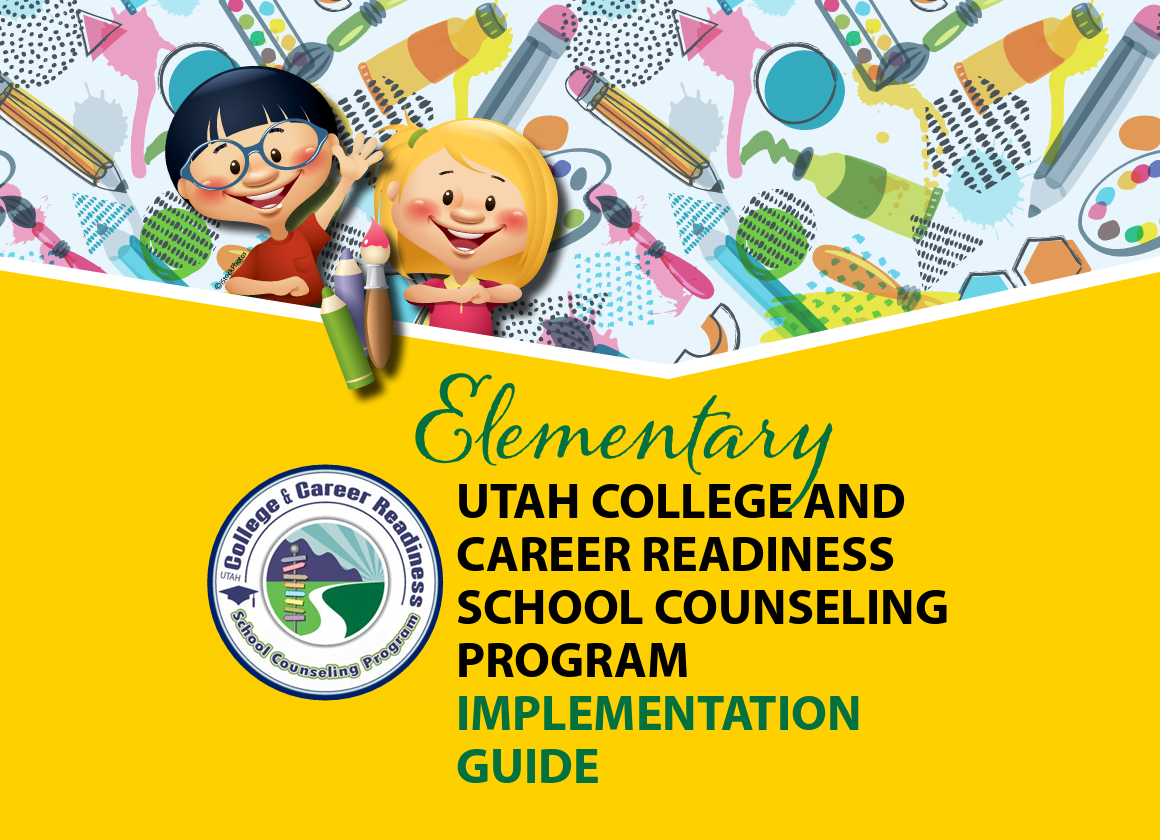Elementary School Counseling
The purpose of the Elementary School Counseling Program Implementation Guide is to supplement the College and Career Readiness School Counseling Program Model(PDF File) by providing additional insight and resources to help elementary school counselors in developing and implementing a comprehensive school counseling program.
The role of the elementary school counselor is to implement a program where the main focus is prevention. Therefore, the majority of school counselor time is spent providing support at the Tier 1 level.
-
Elementary Counselor Tools
| Recommended Elementary School Counseling Time | Percent of time |
|---|---|
|
Collaborative Classroom Instruction
|
35 – 45% |
|
Responsive Service
|
30 – 40% |
|
Program Management
|
10 – 15% |
Responsive Services
When providing responsive services for students, it is important to note that school counselors are not therapists. Rather, responsive services are short-term and based on evidence-based practices that are effective in an educational setting.
Individual and small group counseling helps students identify problems, causes, alternative actions, possible consequences, and appropriate responses. When necessary, referrals are made to appropriate community resources.
Small group counseling services may be implemented to help students having difficulty with relationships, personal concerns, or normal developmental tasks which impede student success. Individual and small group counseling helps students identify problems, causes, alternative actions, possible consequences, and appropriate responses. When necessary, referrals are made to
appropriate community resources.
Individual and small group topics may include anger management, children of divorced or separated parents, grief, anxiety, depression, suicidal thoughts, self-harm, etc.
When beginning a group, it is important to collectively establish rules, norms, and objectives. This elicits a sense of ownership and understanding of the group’s purpose and process
Crisis counseling provides support to students and families facing emergency situations. It is short-term and temporary. There may be times when referrals to appropriate community resources are necessary.



